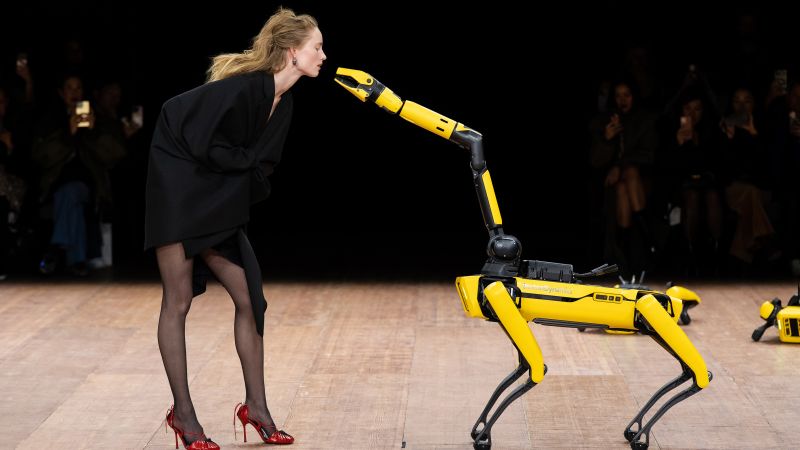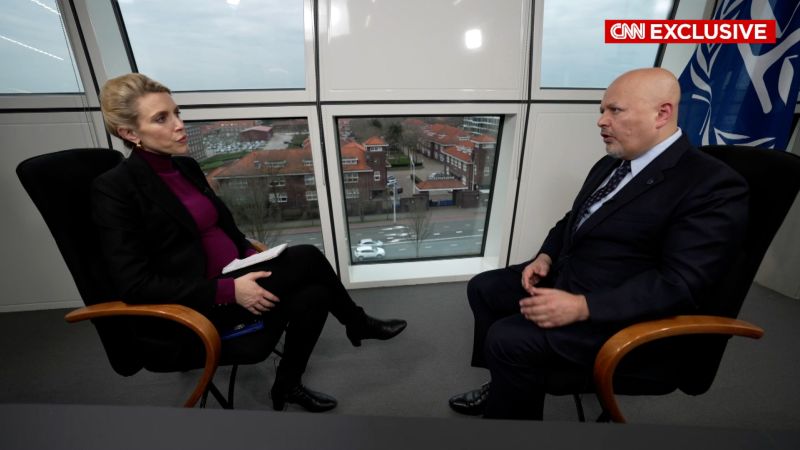Andrej Babiš has met the Czech president, Petr Pavel, and is to hold talks with other party leaders as the billionaire populist begins the tricky job of trying to form a stable government after his ANO (Yes) party won parliamentary elections, but failed to secure a majority.
Final results showed ANO won 34.5% of the vote, held on Friday and Saturday, translating to a provisional 80 seats in the 200-member parliament. The centre-right Spolu coalition of the outgoing prime minister, Petr Fiala, came second on 23.4%.
“I have promised to … show the president a solution that will be in line with Czech and European laws,” Babiš, a polarising figure whose previous premiership from 2017 to 2021 drew mass protests, said before the talks got under way on Sunday.
While he has hailed the “historic result” as “the absolute peak” of his political career, Babiš will have to clear significant hurdles both to become prime minister and to win and maintain support for the single-party minority government he has said he wants.
Analysts have also said that even if he succeeds, Babiš seems unlikely to join the populist, authoritarian prime ministers of Hungary and Slovakia, Viktor Orbán and Robert Fico respectively, as a fully fledged member of the EU’s awkward squad.
Three parties have already ruled out entering a coalition with ANO, forcing Babiš to seek backing from the fringe rightwing groups. “We will lead talks with the SPD and the Motorists, and seek a single-party government led by ANO,” he said.
Babiš, the country’s seventh-richest man with a net worth of an estimated $3.9bn (£2.9bn), campaigned on pledges of faster growth, higher wages and pensions and lower taxes. He also promised to fight the EU’s migration pact and green deal, and to end the shells-for-Ukraine “Czech initiative”, instead backing Kyiv solely through the EU.
ANO shares some common ground with the far-right SPD, which is also opposed to EU climate and immigration policies – as is the smaller rightwing Motorists party.
The more extreme Moscow-friendly, anti-Nato, anti-EU SPD also campaigned on a “Czexit” promise to pull the Czech Republic out of the bloc, which Babiš has rejected out of hand. He has insisted repeatedly his party is “pro-European, and pro-Nato”.
Both the Motorists and the SPD have said they are open to talks with ANO, but it is as yet unclear how far either party will prefer to support a minority ANO government rather than seek a binding coalition accord – or how long such support could last.
Analysts noted that the SPD’s vote share was significantly lower than the 13% it was forecast to win before the election, meaning its negotiating position in talks on any confidence-and-supply deal would not be as strong as previously imagined.
Even assuming Babiš is eventually able to present Pavel – who defeated the billionaire to become president in elections held in 2023 – with a multiparty agreement representing a 101-seat majority in parliament, his problems may not be over.
Pavel said before the election that he would not appoint any ministers who sought the Czech Republic’s withdrawal from the EU or from Nato. He has also said he was taking advice from lawyers on a possible conflict of interest concerning Babiš himself.
after newsletter promotion
He has promised to resolve the issue, but Pavel has the constitutional right to reject Babiš as prime minister if he considers the solution inadequate. That is unlikely to happen – but it may give the billionaire pause for thought about his proposed cabinet.
European far-right leaders including Orbàn, who posted on social media that “truth has prevailed”, and France’s Marine Le Pen, who said “patriotic parties” were being “called to power … all over Europe”, have congratulated Babiš.
However, although ANO is part of the far-right Patriots for Europe bloc in the European parliament and Babiš has described himself as an admirer of Orbàn, the EU’s disruptor-in-chief, it is unclear how far he will align himself with the anti-EU camp.
Analysts say Babiš’s politics are more pragmatic than ideological and that he is unlikely to pick a serious fight with Brussels as long as the Czech Republic needs EU funds and the billionaire’s businesses continue to benefit from the bloc.
Czech institutions are also likely to constrain the billionaire at home, with radical shifts likely to be hindered by the senate, which can veto any proposed electoral law or constitutional changes and must approve judges appointed to the constitutional court.









 English (US)
English (US)